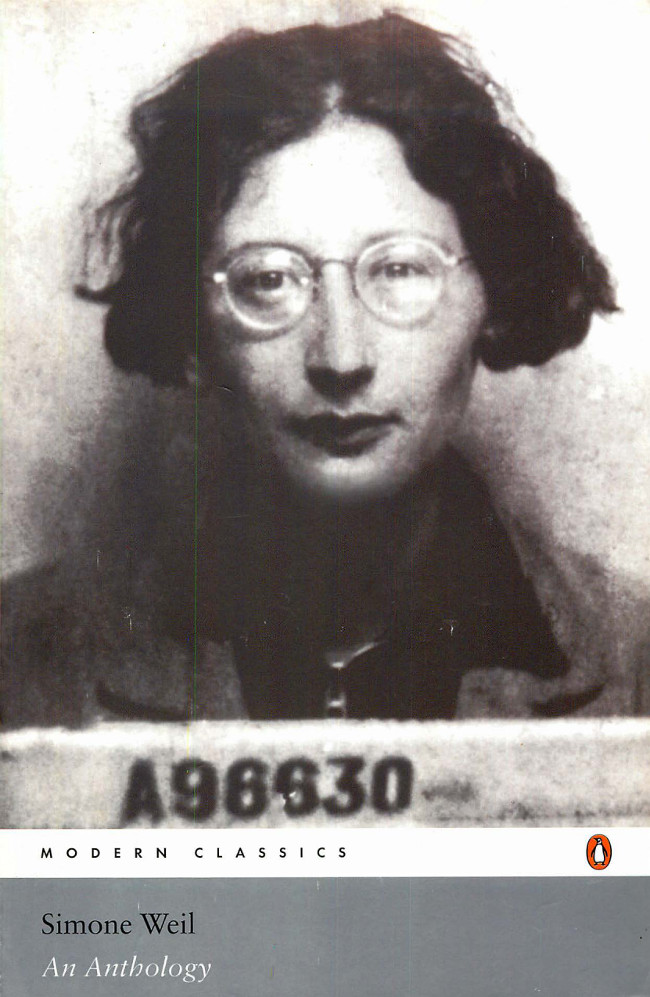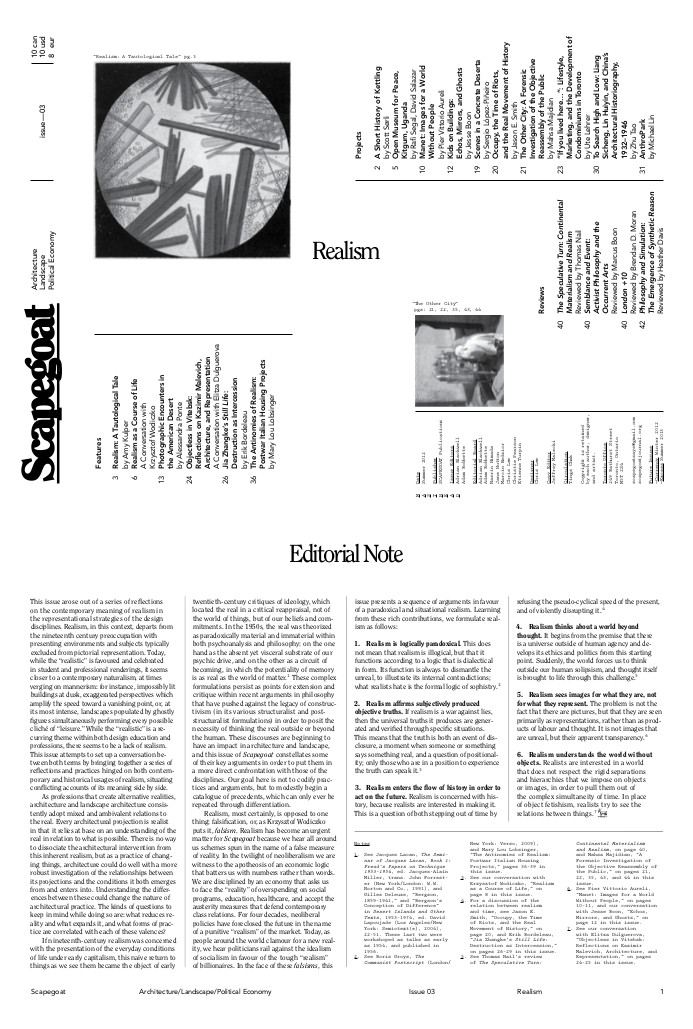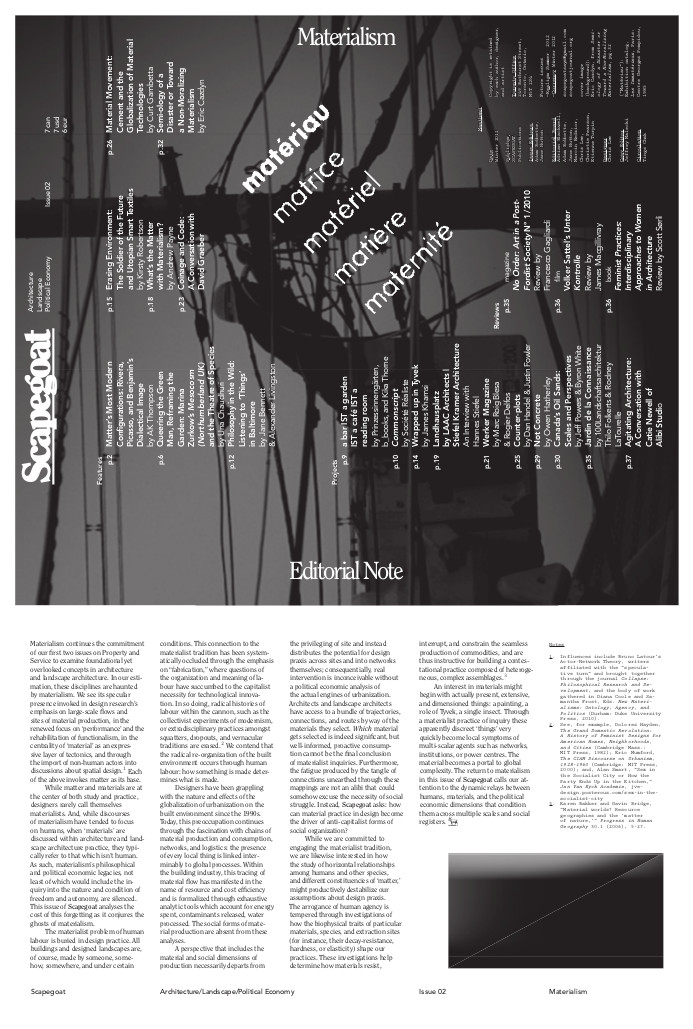Simone Weil: An Anthology (1986/2005)
Filed under book | Tags: · activism, mysticism, philosophy, politics, religion, theology

Simone Weil was one of the foremost thinkers of the twentieth century: a philosopher, theologian, critic, sociologist and political activist. This anthology spans the wide range of her thought, and includes an extract from her best-known work The Need for Roots, exploring the ways in which modern society fails the human soul; her thoughts on the misuse of language by those in power; and the essay “Human Personality”, a late, beautiful reflection on the rights and responsibilities of every individual. All are marked by the unique combination of literary eloquence and moral perspicacity that characterised Weil’s ideas and inspired a generation of thinkers and writers both in and outside her native France.
First published by Virago Press, 1986
Edited and Introduced by Siân Miles
Publisher Penguin Books, 2005
Penguin Classics series
ISBN 0141188197, 9780141188195
312 pages
PDF (updated on 2013-5-2)
Comment (1)Jacques Rancière: Mute Speech: Literature, Critical Theory, and Politics (1998–) [ES, EN]
Filed under book | Tags: · art history, critical theory, history, history of literature, literary criticism, literature, philosophy, poetry, politics

“Jacques Rancière has continually unsettled political discourse, particularly through his questioning of aesthetic “distributions of the sensible,” which configure the limits of what can be seen and said. Widely recognized as a seminal work in Rancière’s corpus, the translation of which is long overdue, Mute Speech is an intellectual tour de force proposing a new framework for thinking about the history of art and literature. Rancière argues that our current notion of “literature” is a relatively recent creation, having first appeared in the wake of the French Revolution and with the rise of Romanticism. In its rejection of the system of representational hierarchies that had constituted belles-letters, “literature” is founded upon a radical equivalence in which all things are possible expressions of the life of a people. With an analysis reaching back to Plato, Aristotle, the German Romantics, Vico, and Cervantes and concluding with brilliant readings of Flaubert, Mallarmé, and Proust, Rancière demonstrates the uncontrollable democratic impulse lying at the heart of literature’s still-vital capacity for reinvention.”
First published in French as La Parole muette. Essai sur les contradictions de la littérature, Hachette Litteratures, 1998
English edition
Translated by James Swenson
Publisher Columbia University Press, 2011
New Directions in Critical Theory series
ISBN 0231151039, 9780231151030
194 pages
publisher (EN)
La palabra muda: ensayo sobre las contradicciones de la literatura (Spanish, trans. Cecilia González, 2009, 112 MB, added on 2014-3-6)
Mute Speech: Literature, Critical Theory, and Politics (English, trans. James Swenson, 2011)
Scapegoat: Architecture/Landscape/Political Economy journal, No. 2: Materialism, No. 3: Realism (2011-2012)
Filed under journal | Tags: · architecture, capitalism, city, design, landscape, materialism, philosophy, political economy, politics, urbanism

“This issue arose out of a series of reflections on the contemporary meaning of realism in the representational strategies of the design disciplines. Realism, in this context, departs from the nineteenth century preoccupation with presenting environments and subjects typically excluded from pictorial representation. Today, while the ‘realistic’ is favoured and celebrated in student and professional renderings, it seems closer to a contemporary naturalism, at times verging on mannerism: for instance, impossibly lit buildings at dusk, exaggerated perspectives which amplify the speed toward a vanishing point, or, at its most intense, landscapes populated by ghostly figures simultaneously performing every possible cliché of ‘leisure’. While the ‘realistic’ is a recurring theme within both design education and professions, there seems to be a lack of realism. This issue attempts to set up a conversation between both terms by bringing together a series of reflections and practices hinged on both contemporary and historical usages of realism, situating conflictng accounts of its meaning side by side.” (from the Editorial Note)
Issue 3: Realism
Summer 2012
Issue Editors: Adrian Blackwell, Adam Bobbette
42 pages

“Materialism continues the commitment of our first two issues on Property and Service to examine foundational yet overlooked concepts in architecture and landscape architecture. In our estimation, these disciplines are haunted by materialism. We see its specular presence invoked in design research’s emphasis on large-scale flows and sites of material production, in the renewed focus on ‘performance’ and the rehabilitation of functionalism, in the centrality of ‘material’ as an expressive layer of tectonics, and through the import of non-human actors into discussions about spatial design. Each of the above invokes matter as its base.” (from the Editorial Note)
Issue 2: Materialism
Winter 2011
Issue Editors: Adam Bobbette, Jane Hutton
Publisher Scapegoat Publications, Toronto
40 pages

